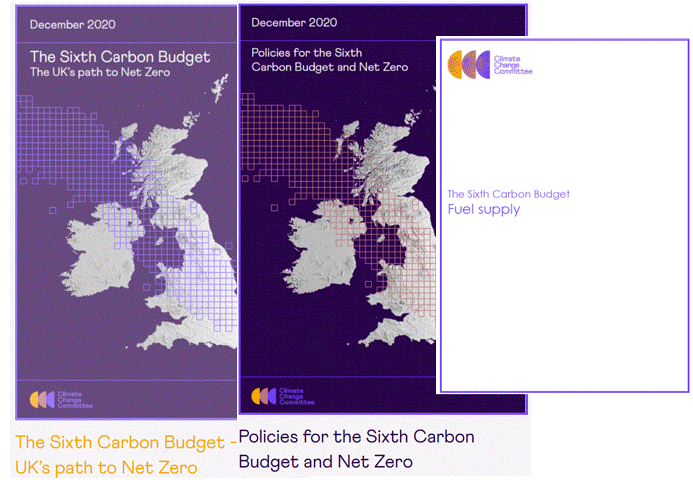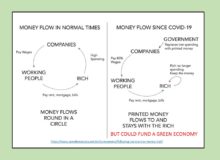How does the EU affect Climate Change and Air Pollution?
In all the hype and overload of ‘facts’ about the EU there seems little coverage of Climate Change and Air Pollution. Detailed lists of some of the activities and effects of EU legislation eg on Air Pollution are covered at WHAT ARE WE DOING – What is the EU Doing?.
For those who believe that our current transport, energy and agriculture choices are causing the greatest threat to humans ever, talking about trade, jobs, immigrants and even wars – but not Climate Change or Environmental implications – just seems weird.
Friends of the Earth lists the environmental topics of Beaches, Bees, Nature, Waste&Recycling, Green Energy, Air Quality and Fish, concluding that the EU has had significant beneficial effects.
What will happen on many issues if we stay IN or if we come OUT is largely speculation, but the effects of poor leadership and regulation on the causes of Climate Change are becoming increasingly clear – and many of the causes of Climate Change are also the causes of our Air Pollution.
The questions Voters need to consider are:
If we come OUT does the voter trust the UK Government to bring in legislation that would protect us better against Air Pollution, deal with Climate Change damage and make a better contribution to reducing Greenhouse Gases?
If we stay IN does the voter think that the UK and electorate could work to improve EU legislation to improve Air Quality, deal with Climate Change damage and reduce Greenhouse Gases?
Research by Ipsos MORI commissioned by UK in a Changing Europe explores the misconceptions held by UK people about the EU. For instance there are large misconceptions about the percentage of EU immigrants, the amount they receive in child benefits, the myths about EU regulations and even whether MEPs are elected. (The Economic and Social Research Council who receive most of their funding through the Department for Business, Innovation and Skills (BIS) commissioned the poll.)
Full Facts explains how the EU decision making works:
“The authority to make law belongs to the European Parliament and the Council of the European Union…… a Commission proposal only becomes an EU law when it attracts …… a majority in the Council, representing at least 55% of EU countries and 65% of the EU population, and a majority in the Parliament.”
“The Parliament is directly elected by EU citizens every five years. The Council of the European Union, sometimes called the Council of Ministers, is where representatives of all 28 member countries negotiate.”
“…the Commission has only a limited role in EU law-making. It can decide some less important rules, and in general it is the only institution that can propose new laws, but it doesn’t have the power to pass them on its own.”
“The Commission plays other roles too. It’s responsible”, along with the EU court, for ensuring that EU law is obeyed by governments and firms. In playing this role the Commission works with the member countries. It doesn’t have its own agencies in the member countries in the way that the US federal government has agencies in US states.”
“The Commission also decides on competition policy in Europe – for example, whether state subsidies should be approved, and whether mergers should go ahead.”
“It also negotiates trade deals for the EU. The Transatlantic Trade and Investment Partnership with the United States, known as TTIP, is being negotiated by the Commission.
Member countries, through the Council, give detailed instructions, monitor the Commission closely, and have final say on whether or not to approve any agreement.
The Commission is………………..certainly not the government of Europe.”
Full Facts contains more details and links about EU decision making as well as assessments of the truth of popular claims. And WHAT ARE WE DOING – What is the EU Doing? describes many areas where EU legislation addresses Air Pollution and Climate Change, including shortfalls and problems that need action.
But it is fair to say that UK voters affect UK laws by their votes for the UK Government every 5 years and also by their votes for MEPs for the EU Parliament. The MEPs then negotiate across all 28 EU States and arrive at slow consensus amidst pressures from their Governments and lobbyists.
Taking the EU layer away from areas such as CO2 and pollution emissions would undoubtably allow the UK Government to move quicker. But for the better or for the worse?



